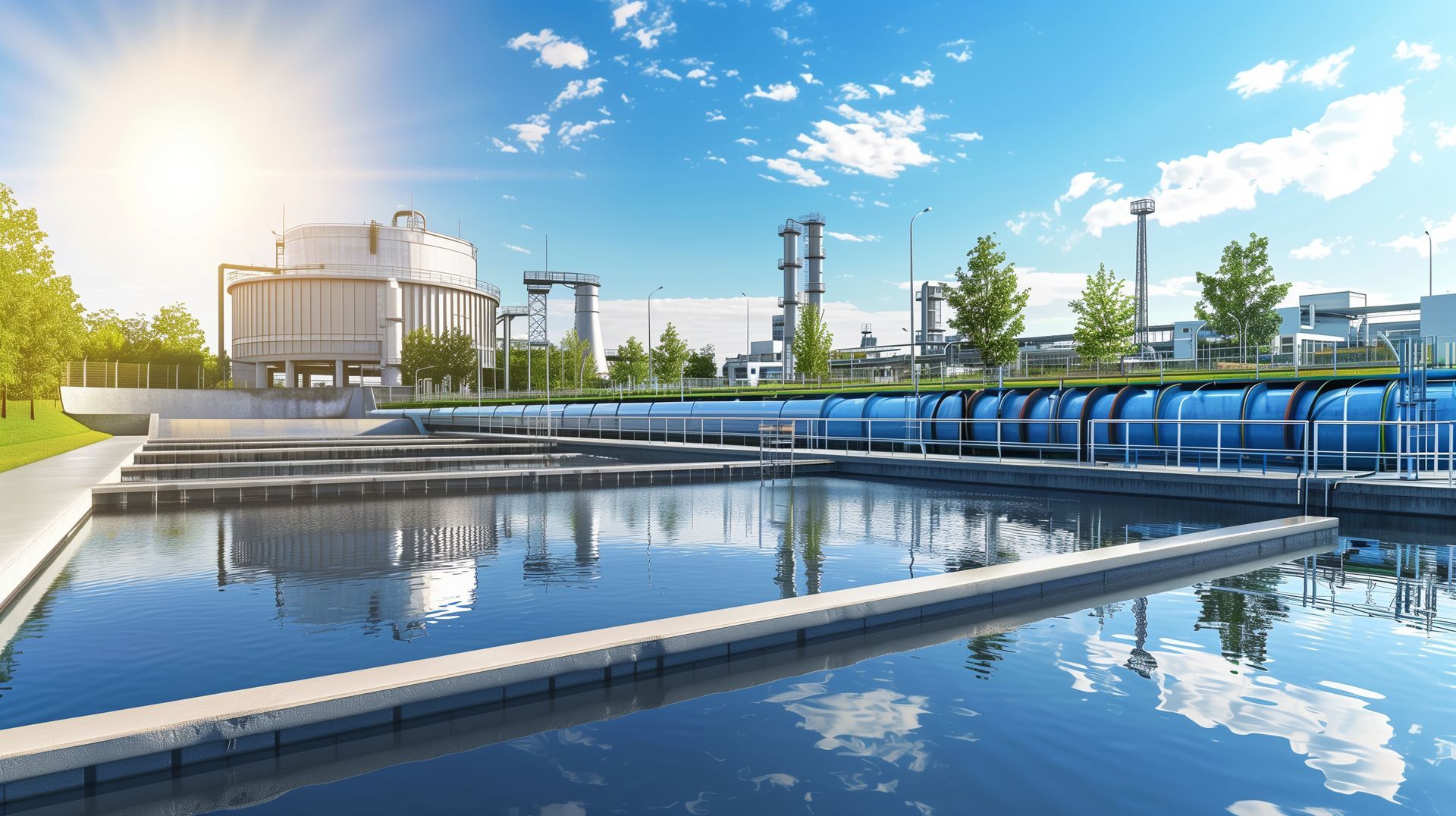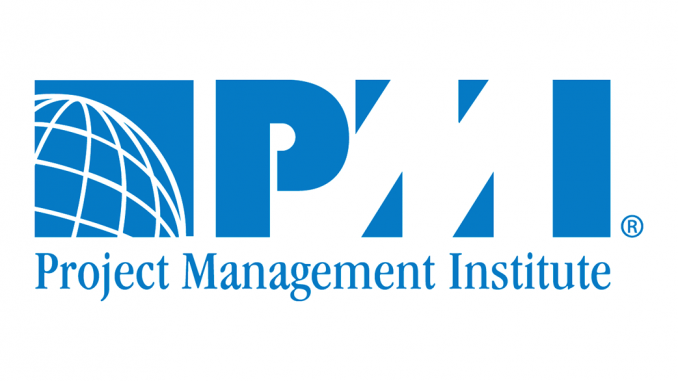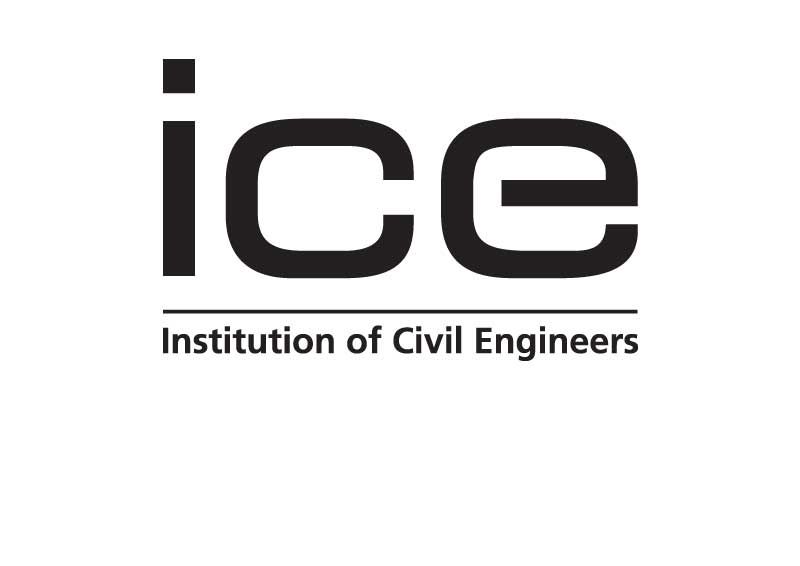Root Cause Analysis of Pipeline Failure
Case Study
Background
A critical pipeline, integral to the operations of a major oil and gas company, suffered a sudden and catastrophic failure, resulting in significant environmental damage and operational downtime. The incident triggered a high-stakes dispute involving the pipeline operator, contractor, and equipment suppliers, centred on allegations of negligence, material defects, and improper maintenance. The case required a detailed forensic investigation to determine the root cause of the failure, allocate responsibility, and support claims for compensation related to environmental remediation, operational losses, and reputational impact.

Challenges
The investigation presented several key challenges:
1. Technical Complexity: The failure involved multiple contributing factors, including material performance, environmental conditions, and operational stresses.
2. Environmental Impact: The failure caused significant environmental damage, increasing the stakes of the dispute.
3. Conflicting Claims: Disputing parties presented competing narratives regarding the failure’s cause and the adequacy of maintenance practices.
4. Limited Records: Some contemporaneous records were incomplete or missing, necessitating advanced forensic techniques to reconstruct events.
5. Legal Scrutiny: Findings needed to be defensible under cross-examination in international arbitration proceedings.
DAC’s Role
DAC was engaged to conduct a comprehensive root cause analysis of the pipeline failure
and provide expert support in the subsequent arbitration. Our role encompassed:
1. Forensic Investigation:
- Conducted a detailed technical analysis of the failed pipeline segment, including material testing and metallurgical analysis.
- Evaluated environmental factors such as soil composition, corrosion, and external mechanical stresses.
- Assessed operational data, including pressure logs and maintenance records, to understand usage patterns and deviations from standard operating procedures.
2. Independent Expert Reporting:
- Delivered an impartial report outlining the root cause of the failure, supported by evidence from technical and operational analyses.
- Identified contributing factors, including material defects and deviations from recommended maintenance practices.
3. Expert Witness Support:
- Provided expert testimony during arbitration, explaining technical findings in a clear, accessible manner.
- Addressed counterarguments and provided rebuttals to opposing expert reports.

London (HQ) Office
Contact our expert team today for an initial consultation or advice on your requirement.
Methodology
DAC’s forensic investigation followed a systematic approach:
1. Material and Structural Analysis: Examined the pipeline’s physical characteristics using advanced techniques such as scanning electron microscopy and fatigue testing.
2. Operational Data Review: Analysed historical pressure and flow rate data to identify abnormal operating conditions that may have contributed to the failure.
3. Environmental Assessment: Investigated the external environment for factors such as soil corrosion, mechanical impacts, or improper backfilling during installation.
4. Failure Mode Evaluation: Identified the sequence of events leading to the failure, pinpointing the primary cause and any secondary contributors.
Outcome
DAC’s detailed root cause analysis and expert testimony were critical in resolving the dispute. The findings demonstrated that:
- The primary cause of the failure was a material defect in the pipeline, exacerbated by improper maintenance practices.
- Contributing factors included external corrosion caused by inadequate protective measures during installation.
Based on DAC’s analysis, the arbitral tribunal was able to:
- Attribute liability to the responsible parties.
- Award compensation to the pipeline operator for environmental remediation and operational losses.
- Recommend process improvements to prevent future failures.
The resolution of the case not only mitigated financial losses but also restored confidence among stakeholders in the operator’s ability to manage critical infrastructure effectively.

Key Takeaways
1. Thorough Forensic Investigation: Comprehensive root cause analyses require multidisciplinary expertise, combining material science, operational insights, and environmental assessments.
2. Evidence-Based Findings: Independent, fact-based investigations provide clarity in complex disputes, enabling fair and informed decisions.
3. Clarity in Expert Testimony: Simplifying technical findings for non-specialist audiences is critical in arbitration and litigation.
4. Preventative Recommendations: Beyond resolving disputes, forensic investigations can provide valuable insights to improve future practices and prevent recurrences.
5. Early Engagement: Engaging experts early ensures that critical evidence is preserved and thoroughly analysed, enhancing the robustness of findings.
By leveraging DAC’s expertise, the pipeline operator achieved a favourable outcome while gaining actionable recommendations to strengthen infrastructure integrity and operational resilience.































